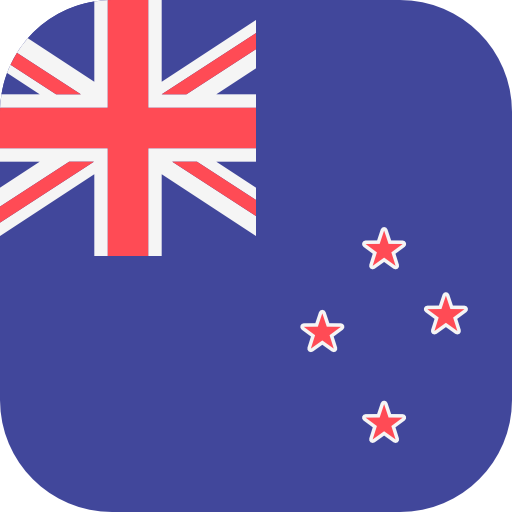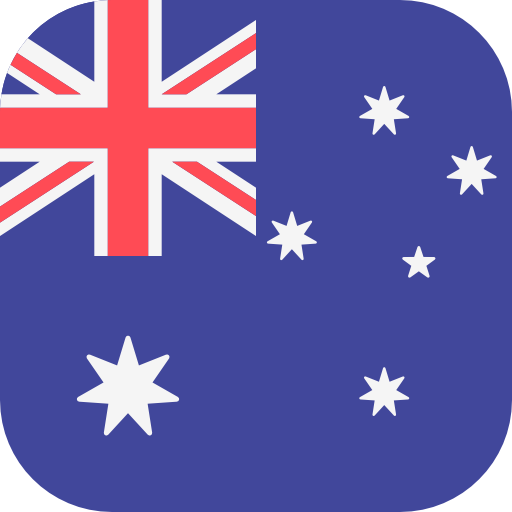Darryl-Lee Wendelborn, Managing Director of Beca New Zealand, and Alexia Hilbertidou of GirlBoss will join a panel of influential women from across New Zealand and the Pacific, at the 63rd session of the United Nations Commission on the Status of Women in early March.
Beca is delighted to be co-sponsoring GirlBoss with EY to attend and participate in this panel on STEM education and infrastructure careers for women and girls. In this article, we talk with Darryl-Lee and Alexia about access to STEM careers for women and girls and their thoughts on the priorities.
1. What does access to STEM education and infrastructure careers for women and girls mean to you?
Darryl-Lee Wendelborn: As Managing Director of New Zealand’s largest professional services consultancy, I am passionate about seeing more women in leadership – both management and technical roles across our industry. We know that diversity has a measurable impact on performance, with different perspectives bringing the best solutions to any challenge.
Personally, I have built a fulfilling career in this sector and want to support as many other women as possible in developing a successful, satisfying career in science and engineering related disciplines. In these roles we have a direct opportunity to influence our communities and create a sustainable, smarter approach across every industry that impacts everyday life – from the built environment to resources and manufacturing. It’s so important that women have an equal seat at the table on these issues. For me, equality of access to STEM careers for everyone is simply the right thing to do.
Alexia Hilbertidou: A diverse STEM workforce will ensure that technological innovations better represent our society and solve pressing global problems. We need to recruit the most talented people to STEM fields, and not including half the population (women) in the pool of possible scientists and engineers is short-sighted and self-limiting.
By supporting women in STEM we can out-innovate, out-educate and out-build our previous generations, resulting in greater prosperity for us all.
The pursuit of science knowledge is one of the greatest, most noble human pursuits with the power to solve our global problems - yet for most of history half our species have been barred from this adventure.
2. In your view, what are the top three priorities to support increased access to STEM careers and education for women and girls?
Alexia Hilbertidou: Obviously I am a passionate believer in building a community for women in STEM – that is the driving force behind GirlBoss, so this would be my top priority. Secondly, I think a lot more work needs to be done around raising awareness of the challenges women in STEM face – why are they put off entering these industries and, once in STEM careers, why are women leaving before they reach senior management levels?
Finally, I believe we need to focus on training our educators to support girls in thinking about STEM careers and careers as leaders – inherent biases in all of us can have a huge impact on the way girls view themselves and, sometimes, limit themselves and our educators are on the front line.
Darryl Lee Wendelborn: Firstly, we need to celebrate inquiring minds in our children as its the foundation of scientific thinking. Show children that science can be fun before they become aware of labels of who should like something because of some characteristic (academic, gender, age etc). As women and girls, let’s do things because we’re curious, interested and enjoy them.
Second is increasing flexibility. One of the most common stories of women struggling to return to the workforce is balancing the needs and commitments of their families. Flexibility is about allowing anyone to work in the way that works for them, it’s not just about ‘making it easier for women’ it is about treating parenting as equal responsibility and that in turn creates the room for women to step back in.
Finally, we need to create more inclusive environments – make it everyone’s business. We can do this by building awareness of unconscious bias and consciously seek out different perspectives. Ask ourselves who’s voice is not in the room.
3. What are you most looking forward to during the UN Commission on the Status of Women sessions?
Darryl-Lee Wendelborn: I feel very privileged to be travelling with a group of incredibly influential women who have some amazing stories and ideas on a topic that is very important to me. I am looking forward to engaging with these women and with the international community attending the many hundreds of sessions taking place throughout CSW63. I look forward to sharing my experiences and personal story of a career in STEM and hearing from attendees about their own personal experiences.
Alexia Hilbertidou: The international experience and networks which I will gain from the UN CSW sessions will enable me to bring the best global thinking back to New Zealand. I am looking forward to the sessions on developing the economic potential of women.
 New Zealand
New Zealand
 Australia
Australia
 Singapore
Singapore